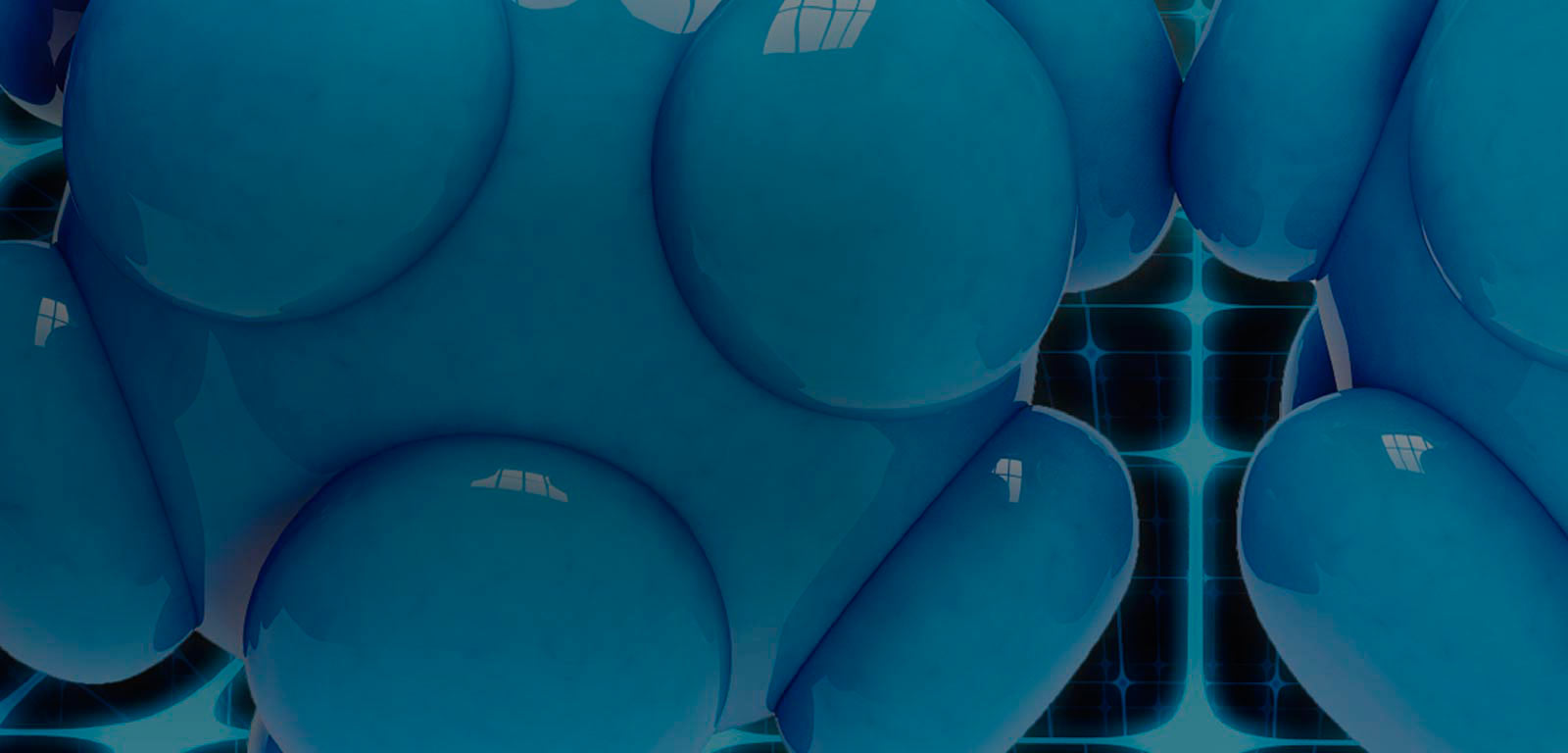Syllabus
Study load toggle-navigation
Programme toggle-navigation
Compulsory subjects
| Subject | Languages | ECTS Credits | Specialities / Syllabus | Teaching Base | Mode |
|---|---|---|---|---|---|
| Experimental Techniques I: Structural Characterization | English | 3 | -- | Centro de Física de Materiales CSIC
(
Centro de Física de Materiales
)
University of the Basque Country
(
SCH. OF CHEMICAL SCIENCES
)
| Face-to-face degree course |
| Experimentals Techniques II: Spectroscopies | English | 3 | -- | Centro de Física de Materiales CSIC
(
Centro de Física de Materiales
)
University of the Basque Country
(
SCH. OF CHEMICAL SCIENCES
)
| Face-to-face degree course |
| From Nanoscience to Nanotecnology | English | 3 | -- | Centro de Física de Materiales CSIC
(
Centro de Física de Materiales
)
University of the Basque Country
(
SCH. OF CHEMICAL SCIENCES
)
| Face-to-face degree course |
| Fundamentals of Nanoscale Characterization | English | 3 | -- | Centro de Física de Materiales CSIC
(
Centro de Física de Materiales
)
University of the Basque Country
(
SCH. OF CHEMICAL SCIENCES
)
| Face-to-face degree course |
| Low Dimensional Systems and Nanostructures | English | 3 | -- | Centro de Física de Materiales CSIC
(
Centro de Física de Materiales
)
University of the Basque Country
(
SCH. OF CHEMICAL SCIENCES
)
| Face-to-face degree course |
| Modelling and Molecular Dynamics Simulations at the Nanoscale | English | 3 | -- | Centro de Física de Materiales CSIC
(
Centro de Física de Materiales
)
University of the Basque Country
(
SCH. OF CHEMICAL SCIENCES
)
| Face-to-face degree course |
| Nanostructural Properties | English | 3 | -- | Centro de Física de Materiales CSIC
(
Centro de Física de Materiales
)
| Face-to-face degree course |
| Soft Matter and Nanostructures Materials | English | 3 | -- | Centro de Física de Materiales CSIC
(
Centro de Física de Materiales
)
University of the Basque Country
(
SCH. OF CHEMICAL SCIENCES
)
| Face-to-face degree course |
Optional subjects
| Subject | Languages | ECTS Credits | Specialities / Syllabus | Teaching Base | Mode |
|---|---|---|---|---|---|
| Advanced Theoretical Methods in Nanoscience | English | 3 | -- | Centro de Física de Materiales CSIC
(
Centro de Física de Materiales
)
| Face-to-face degree course |
| Advanced Topics in Nanomaterials | English | 3 | -- | Centro de Física de Materiales CSIC
(
Centro de Física de Materiales
)
| Face-to-face degree course |
| Dynamics of Complex Materials | English | 3 | -- | Centro de Física de Materiales CSIC
(
Centro de Física de Materiales
)
| Face-to-face degree course |
| Fundamentals of Quantum Mechanics | English | 3 | -- | Centro de Física de Materiales CSIC
(
Centro de Física de Materiales
)
| Face-to-face degree course |
| Introduction to Scientific Research | English | 9 | -- | CIC-NANOGUNE
(
CIC nanoGune
)
Centro de Física de Materiales CSIC
(
Centro de Física de Materiales
)
DIPC-Donostia International Physic Center
(
DIPC
)
University of the Basque Country
(
SCH. OF CHEMICAL SCIENCES
)
| Face-to-face degree course |
Final Master's dissertation
| Subject | Languages | ECTS Credits | Specialities / Syllabus | Teaching Base | Mode |
|---|---|---|---|---|---|
| Master Thesis | 15 | -- |
Methodology
The teaching period starts in October. A personal academic advisor will assist to each student in the choice of courses and in ensuring that the program is finished successfully. As a general rule, during the first part the student is expected to devote most of the time to follow the compulsory courses while during the second part the activity will be mainly focused on elective courses and the research work corresponding to the Master thesis.The teaching methodology in the courses will comprise master lectures and practical problems. A course will be devoted to seminars given by experts on advanced topics in nanoscience and/or nanotechnology.Students will devote most of their second year in the program to develop a research project of their own, in order to complete the Master's thesis. Well-recognized international research teams will host the students, providing a first-class scientific environment that will help the students to grow the necessary capabilities to bring to completion their scientific research project. The research work initiated during the Master's program can also be the starting point of a Doctoral research work, that may eventually lead them to obtain of the European PhD degree (Doctor Europeus).Furthermore, the students will have the opportunity to carry out research activities in close contact with nearby Technological Centers coordinated by CIC Nanogune. Finally, the student will be able to have direct contact with high-level researchers, visiting from other institutions, facilitating further scientific stages in centers of high international reputation.Assessment
Depending on the special characteristics of each course, different methods of evaluation may be applied:Written exams.Oral and written presentations of works.Practical exercises related to the conceptual contents of the courses.The Master Thesis project results will be presented in public defense in front of a highly qualified scientific committee.- Number of credits ECTS : 15
- Master's Final Project teachers


